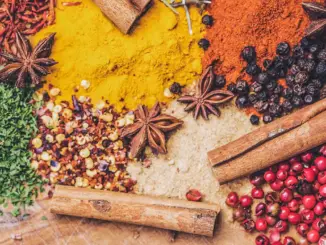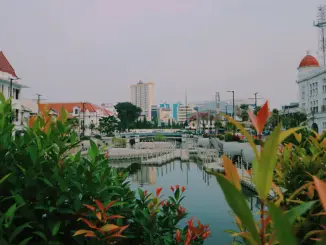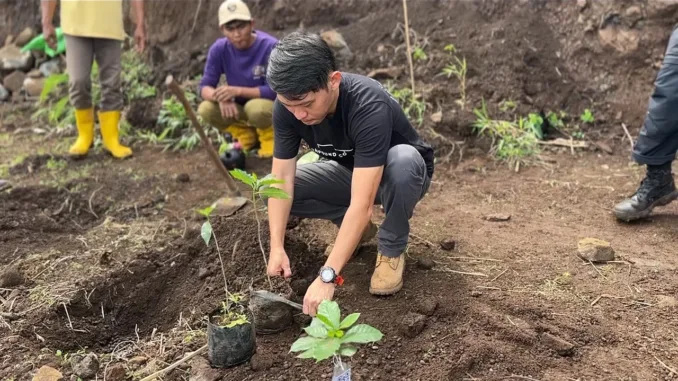
Today we explore Odelia Organic’s coffee farm, an eco-friendly agro-tourism venture in East Java, Indonesia.
BY VASILEIA FANARIOTI
SENIOR ONLINE CORRESPONDENT
Photos courtesy of Compound Coffee Co.
In a strategic move that solidifies their commitment to ethical and sustainable coffee practices, Odelia Organic, the sister company to Singapore’s Compound Coffee Co., recently acquired a coffee farm in Wonosalam, East Java, Indonesia. Described by the new owners as an eco-friendly agro-tourism venture, this acquisition marks a significant step toward realizing their vision of creating a more transparent and sustainable coffee industry. In this interview with Odelia and Stefanus Goana, co-owners of Compound Coffee Co., we delve into the inspiration behind this venture.
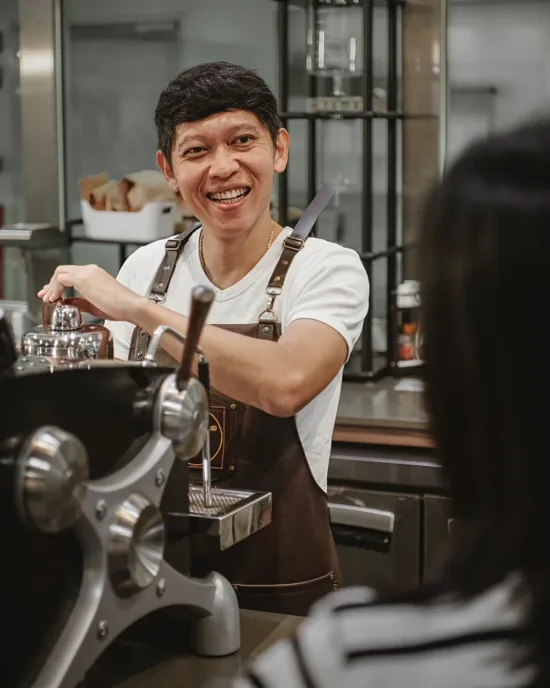
Bridging the Gap Between Consumers and Coffee Farmers
The acquisition of a farm in East Java marks a strategic move in Compound Coffee’s mission to promote sustainability and ethical practices. “By owning and operating a farm, we can directly implement and demonstrate sustainable farming techniques and ethical labor practices,“ Stefanus says. “The farm becomes a living model for responsible coffee production, ensuring fair compensation for farmers and elevating their living standards.“
The program aims to educate visitors by organizing trips to the farm, as well as providing farm-stay and work opportunities. “The initiatives primarily aim to create awareness about the complexities and hard work involved in the coffee industry, creating an awareness that coffee doesn’t flow into your cup that simply,“ Stefanus shares. The program seeks to unveil the journey of coffee from seed to cup, emphasizing the critical role farmers play in the process.
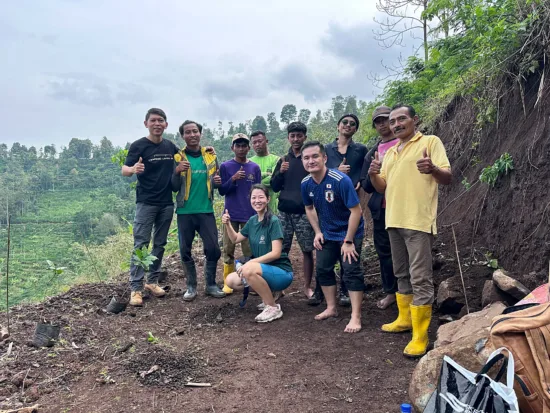
Participants are not passive observers but active contributors, planting coffee trees with their own hands and adopting a tree under their name. The hands-on experience serves as a window into the challenges and intricacies of coffee cultivation, fostering a deeper connection between consumers and the farmers. As Stefanus points out, “The trip provides a rare opportunity to connect directly with the farmers and their families, understand their challenges, and witness the journey of coffee from seed to cup.“
The Significance of Adopting a Coffee Tree
Another unique feature of the initiative lies in the adoption of a coffee tree. This symbolic gesture is more than a token; it’s a commitment to the journey of coffee cultivation. Odelia explains, “By adopting a coffee tree, participants become a part of the coffee’s journey, from planting to harvest.“ The funds from the adoption program contribute to farm improvement, equipment, and tools, as well as salaries and education for the younger generation.
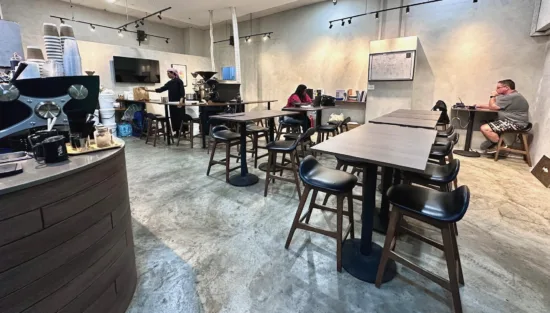
This personalized involvement transforms participants into stewards of sustainable and ethical coffee production. The adoption program not only deepens the connection between participants and the cultivation process but also sheds light on the economic disparities within the coffee industry. Stefanus emphasizes, “It is not uncommon to see teenagers and very young adults working on farms when they could have been going to school.“ The program becomes a platform for advocating for fair compensation and recognition for the farmers who form the backbone of the industry.
Volunteer Programs and Local Collaborations
Compound Coffee and Odelia Organic have ambitious plans for their East Java farm: the development of a farm-stay program, long-term initiatives like “Work From Farm,” and volunteer programs. Stefanus shares, “The long-term vision is to create a holistic environment where visitors, volunteers, and locals can interact, learn, and grow together, contributing to a better world and supporting those who are marginalized.“
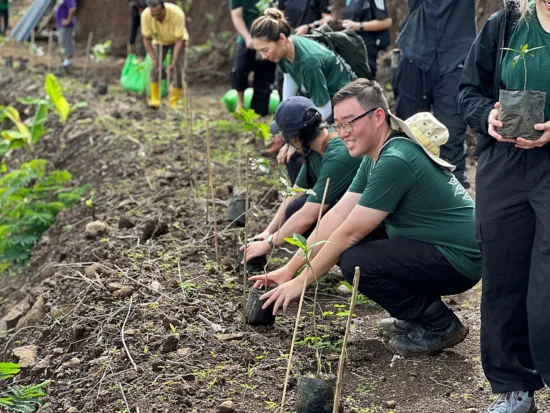
Looking ahead, Stefanus and Odelia also envision collaborations with neighboring durian farms. These partnerships aim to create synergies and shared experiences, further engaging the local community and promoting sustainable agricultural practices. “These collaborations and initiatives aim to engage the local community further and promote sustainable agriculture practices,“ Odelia says.
Here at Barista Magazine, we are eagerly anticipating the fruits of these collaborations, as they have the power to demonstrate the potential for shared experiences to enrich local communities and pave the way for a more sustainable and harmonious future in the world of agriculture.
ABOUT THE AUTHOR
Vasileia Fanarioti (she/her) is a senior online correspondent for Barista Magazine and a freelance copywriter and editor with a primary focus on the coffee niche. She has also been a volunteer copywriter for the I’M NOT A BARISTA NPO, providing content to help educate people about baristas and their work.
Subscribe and More!
Out now: It’s the April + May 2024 issue of Barista Magazine! Read it for free with our digital edition. And for more than three years’ worth of issues, visit our digital edition archives here.
You can order a hard copy of the magazine through our online store here, or start a subscription for one year or two.




